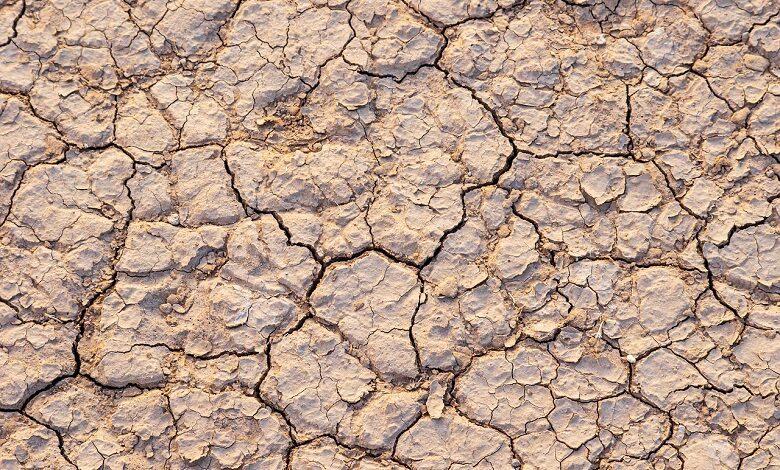This country is in danger of turning to desert due to global warming

As periods of drought and heat increase in Mongolia, the country’s climate is being heavily impacted with possible repercussions throughout the northern hemisphere, say researchers in a study published in Science journal.
Led by an international group of researchers, a new study suggests the irreversibility of the global warming observed in East Asia and, more specifically, on the Mongolian plateau.
Against the backdrop of unprecedented increases in periods of drought and hot weather over the past two decades, climate change in East Asia has no possible return, say researchers from South Korea, Japan, Sweden, the United States, and China in a study published in the journal Science.
They have reproduced this area’s climatic conditions over the last 260 years and have analyzed tree rings whose data are listed in the International Tree Ring Data Bank. The aim was to find out how soil temperature and moisture change the tree rings.
According to the study results, global warming has manifested itself in this geographical area since the 1990s. Mongolia turns out to be a red zone where it increased in the second half of the 20th century.
Periods of drought
As this region has a very low annual rainfall level, less than 300 millimeters, it is particularly vulnerable to rising temperatures. As periods of drought and high temperatures have become more intense, global warming has become irreversible.
Researchers warn of its impact not only in Mongolia but also throughout the northern hemisphere. During the summer, the Mongolian plateau faces long anticyclones that can cause powerful heat waves that risk spreading beyond the region. And transforming the country into an arid desert, the study emphasized.
The area of lakes on the Mongolian plateau has already shrunk rapidly. By 2014, Chinese researchers had seen a 26% reduction in the number of lakes larger than one square kilometer, with even greater average reductions in the size of the largest lakes. Currently, groundwater is also disappearing, warns Jee-Hoon Jeong of the National University of Chonnam in South Korea, quoted by Phys.org.
Climate change is contributing to the destruction of the region’s ecosystem by directly impacting herbivores such as wild sheep, antelopes, and camels, says Peng Zhang, lead author of the study and researcher at the University of Gothenburg.




